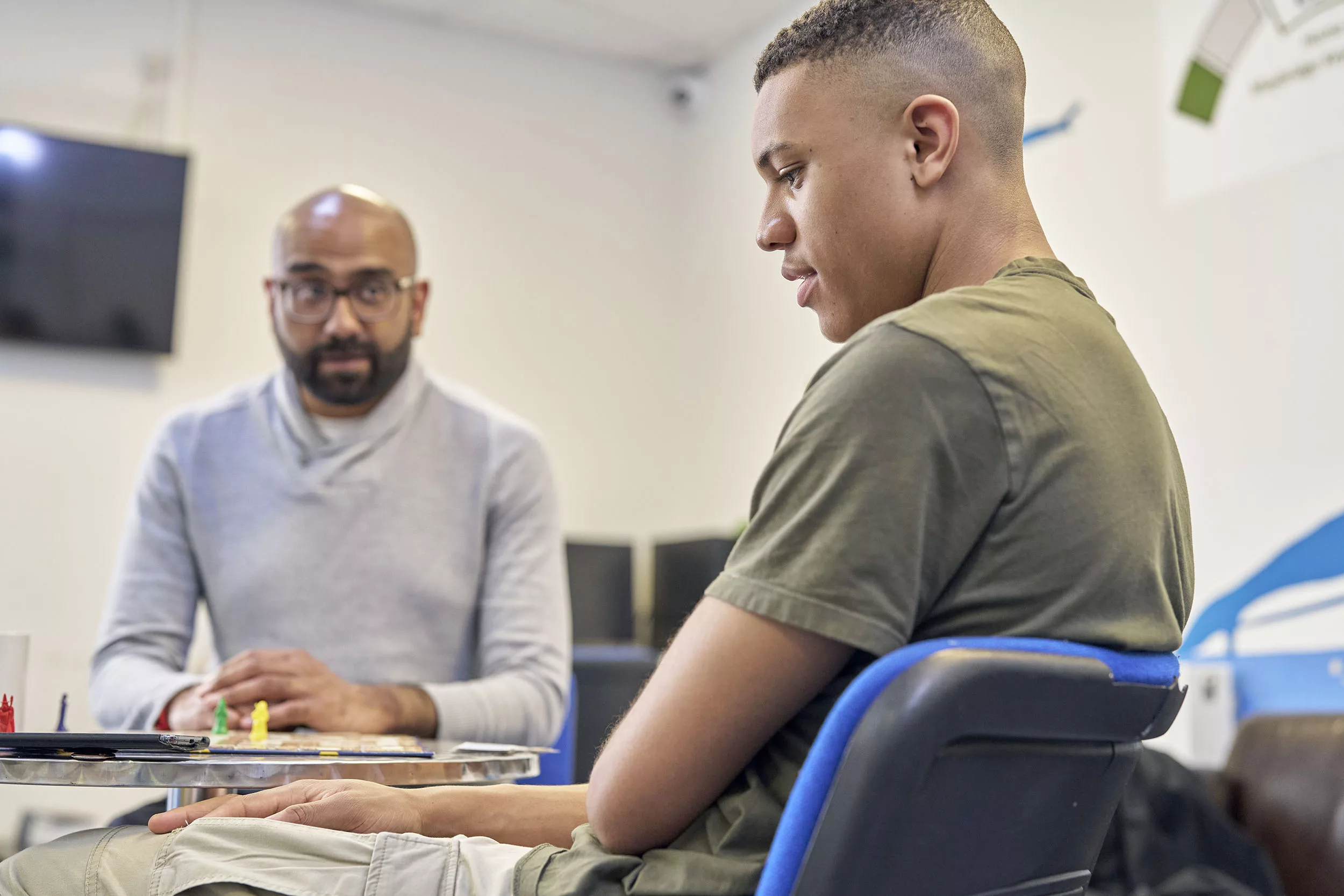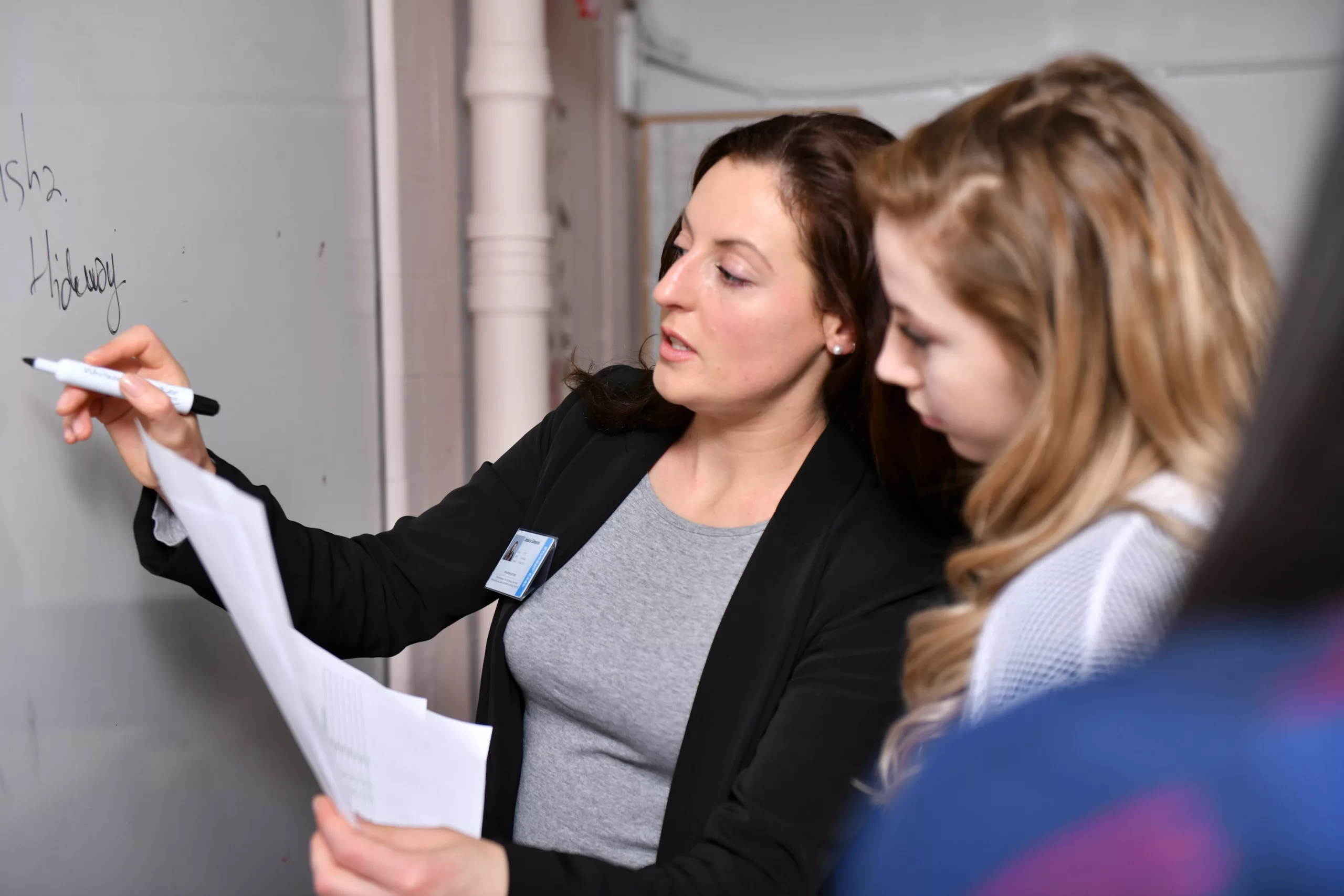As the CSA Centre publish an updated report on mapping current research into child sexual abuse, Dr Helen Beckett guest blogs about the importance of supporting the welfare of those researching child sexual abuse.
As researchers in the field of child sexual abuse we, quite rightly, make significant efforts to consider and mitigate issues of potential vulnerability, impacts and distress on those who participate in our studies; however, I have been increasingly struck by how little consideration is given to the impact of this work on those who conduct the research.
This is a critical omission not only in terms of our own wellbeing as researchers, but also in terms of how our emotional state impacts upon the experiences of those we involve in our research.
Acknowledging the impact of researching CSA
Researchers are by no means immune from experiencing emotional distress, burnout or vicarious trauma as a result of their work. Though our engagements may be more limited than those of other professionals, this does not necessarily minimise the potential for emotional distress. Indeed the limited nature, focus and intensity of our engagements hold their own challenges. We can hear detailed accounts of harm and abuse, hear about the difficulties of living with these, about being let down by services and unmet needs, and be limited in what we can do in response. Whilst we can – and do – link participants in with support services, we don’t get to witness the journey that follows or contribute directly to this. In the absence of this, we hope we are contributing to broader positive change, but this change can be slow to come and hard to identify. We can therefore bear close witness to pain and injustice, and feel overwhelmed, hopeless or ineffectual in response.
We can also worry about our ‘performance’ and the impact of our research on participants – what if I say something insensitive? What if taking part is triggering? What if I have to take a disclosure? What if I miss a disclosure? What if I get upset? What if I misrepresent what they say? – the list goes on. Or we may retrospectively doubt or critique ourselves; or become overwhelmed by what we have heard when we are no longer immediately focused on the wellbeing of the young person in front of us. Whilst these are not unique issues to those researching child sexual abuse, the potential vulnerability of those we are engaging (by virtue of their age and/or experiences) and the perceived sensitivity of the topic, can serve to heighten these concerns and their potential emotional toll. And of course we all experience what we hear in light of our own biographies and experiences, which may include personal experiences of abuse or abuse of those close to us, and may find ourselves impacted in relation to this.
For these, and many other reasons, it is time we pay more attention to researcher welfare, both in terms of our own reflexivity and self-care and in terms of our responsibilities as employers and commissioners of such research. Whilst many ethical statements and guidance documents make reference to researcher welfare, there is little in terms of the development of practical tools or frameworks that might support this. This is something we are proactively trying to address within our research centre, and are keen to learn from and share our learning with others.
Prioritising self-care and supporting employees
Over the years we have had the opportunity to learn through experience how engaging in such research can impact upon us, and the ways in which we might seek to recognise and support this. Within the work we do we use some key principles to guide us:
- make space and time to pre-empt, validate and normalise emotional reactions, and to model vulnerability and openness in this regard
- consider levels of engagement, responsibility and exposure for staff, and support inductions into these
- provide ongoing training and project-specific preparation, including opportunities to practice conversations and scenarios
- establish support structures, including experienced researchers on call during fieldwork and scheduled debriefings rather than just logistical check-ins
- set up proactive wrap-around support for participants, given the limited contribution we can make in this regard
- manage fieldwork schedules, allowing for down-time between engagements
- recognise the potential impact of all elements of the research, including transcription, coding and other aspects not involving direct engagement with participants
- provide access to professional therapeutic support, both as a preventative and a reactive offer
We will be launching a survey for researchers working in the field of sexual abuse March 2020 to help us better understand the ways in which this work can impact upon our welfare and what would be helpful in addressing this. If you would like to be involved in this, or connect more around this area of work, please contact me.
This blog was originally drafted for NOTA.









